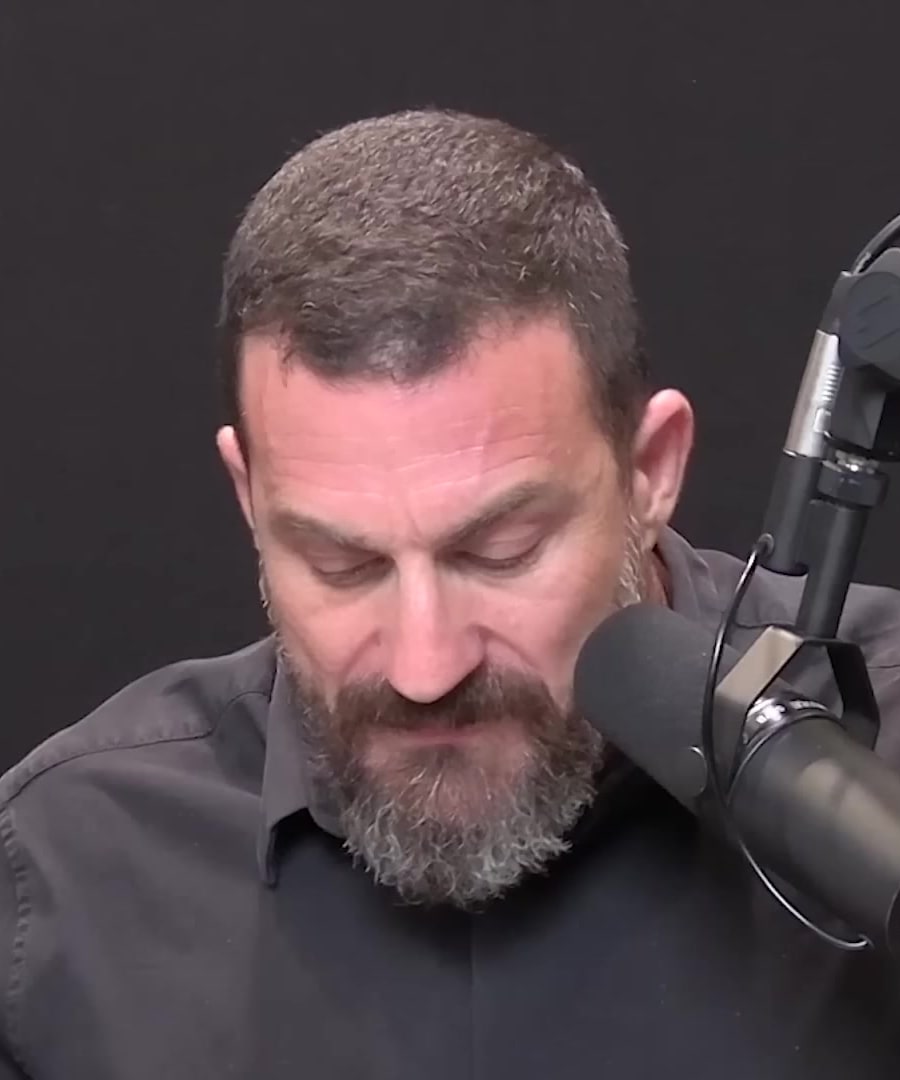Smoking marijuana frequently
Sources:
Frequent cannabis use can contribute to several negative effects on the brain and mental health, particularly in young populations. highlights the following:
- Chronic cannabis use accelerates the thinning of the prefrontal cortex, which can lead to impaired cognitive processes and reduced ability to plan, control emotions, and organize life 1.
- Over time, the initial anxiety relief provided by cannabis becomes less potent, potentially leading to increased anxiety and depression 2.
- Small amounts of cannabis use are associated with detrimental cortical thinning even during adolescence, affecting the brain's ability to make and execute plans 3.
- Chronic cannabis use has been connected to mental health disorders, increased risk of psychosis, and episodes related to schizophrenia and bipolar disorder 4.
- Cannabis use between the ages of 16 and 24 significantly correlates with higher chances of developing mental health issues later in life, including major depression, severe anxiety, or psychosis 5.
- Regular cannabis use affects the tone of voice and speech patterns, which may become more apparent over time 6.
It is crucial to understand these potential risks and consider that the developing brain, particularly in individuals aged 14 to 25, is more susceptible to the adverse effects of cannabis 7.
RELATED QUESTIONS
Smoking marijuana frequently
- RELATED QUESTIONS






